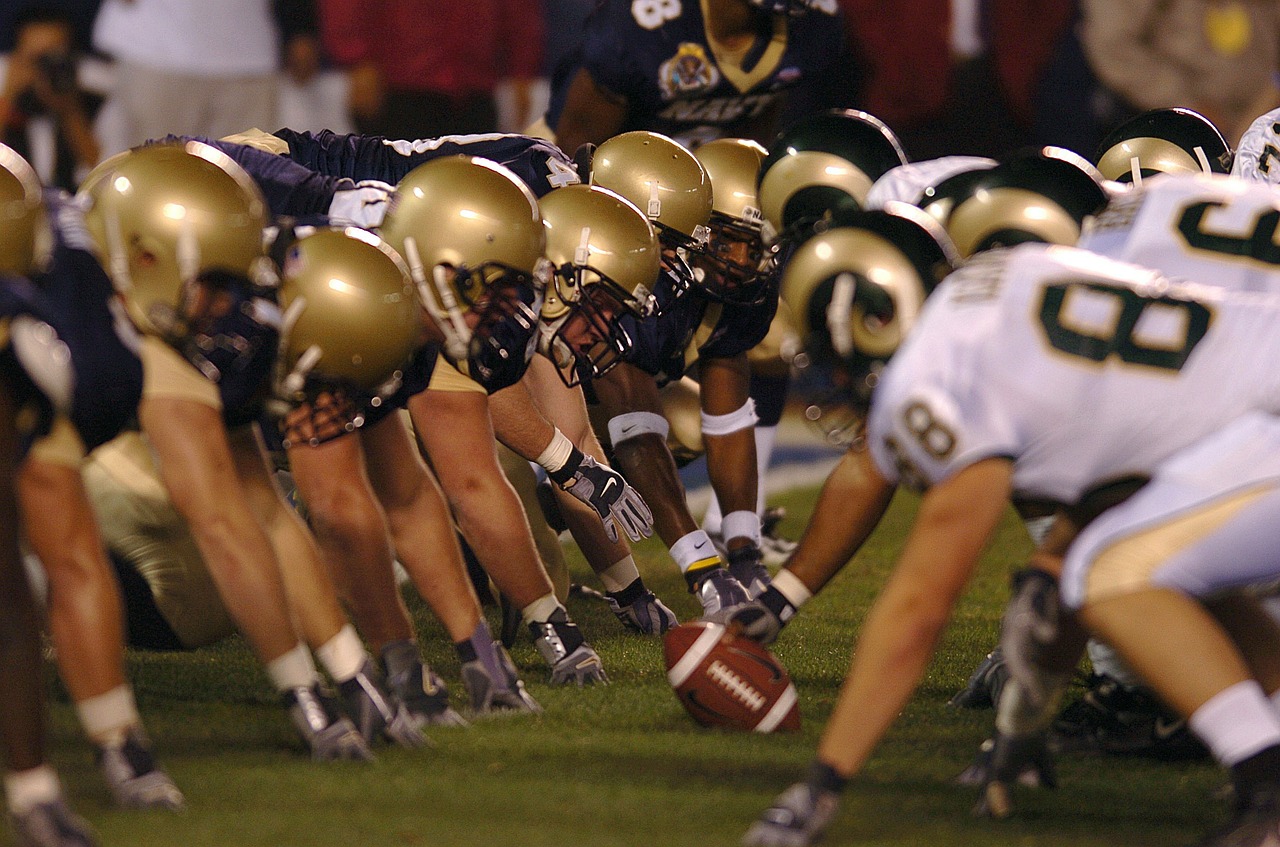
In 2014, MLB suspended honorary Hurricane Alex Rodriguez for the entire season for his use of performance-enhancing drugs. The penalty was severe – the standard punishment for a first time offense is 50 games – and still, there were people clamoring for an even worse punishment. The NCAA has issued punishments to universities like Southern Methodist University, the University of Southern Calirofnia and our own university for infractions not directly related to actual game play, such as offering players illegal benefits.
Removals of scholarships and bans from bowl games and playoffs greatly damages school athletic programs: UM is still under sanctions from the 2011 Nevin Shapiro athletics scandal. Both the MLB and NCAA have adopted a strategy of harsh and severe punishments for anything that threatens the public trust of the sport or the integrity of their respective games.
And then there’s the NFL. Sept. 10 marked the opening of football season, with the Steelers playing the Patriots in New England. The ceremony was marred, however, by the “incidental” interference with the Steelers’ coach-to-coach communication systems.
As the coaches attempted to communicate over their headsets, they could only hear the Patriots’ sideline channel. Being unable to communicate would be a huge disadvantage during a game. The NFL issued a statement claiming that an electrical issue and inclement weather were to blame, but across the board, social media and news outlets considered the Patriots to be up to their old tricks.
The Patriots have spent the off-season defending themselves against allegations of directly cheating by illegally deflating footballs during a playoff game. Their $1 million fine, the largest fine in NFL history but still a meager number compared to the $333 million the team made in 2011, followed a $250,000 fine for their illegal videotaping of opposing coaches’ signals and other cheating allegations.
As a result of these crimes, NFL teams, and especially the Patriots, will not be given the benefit of the doubt in alleged cheating instances by football fans. They have lost the trust of the people because of their repeated offenses. Clearly, the league is still not accustomed to severe penalties for violations of game’s integrity.
Goodell and the NFL need to adopt similar policies to the NCAA and the MLB. Cheating must be punished severely to give future offenders a reason to think twice. Goodell has been given two opportunities thus far to make an example of the Patriots, and has failed miserably. If the NFL is to maintain the trust of the fans, then the next proven cheater should be given a punishment stern enough to curb the enthusiasm of teams like the Patriots, who want to push the limits. If not, with the current trend, we could begin to see the decline of sports’ biggest organizations before our very eyes.
CORRECTION 2:47 p.m., Sept 25: A previous version of this column incorrectly described baseball player Alex Rodriguez as a former Miami Hurricane. Rodriguez is an honorary alumnus of the university.
Curtis Mitchell is a sophomore majoring in finance.
Featured image courtesy WikiImages






